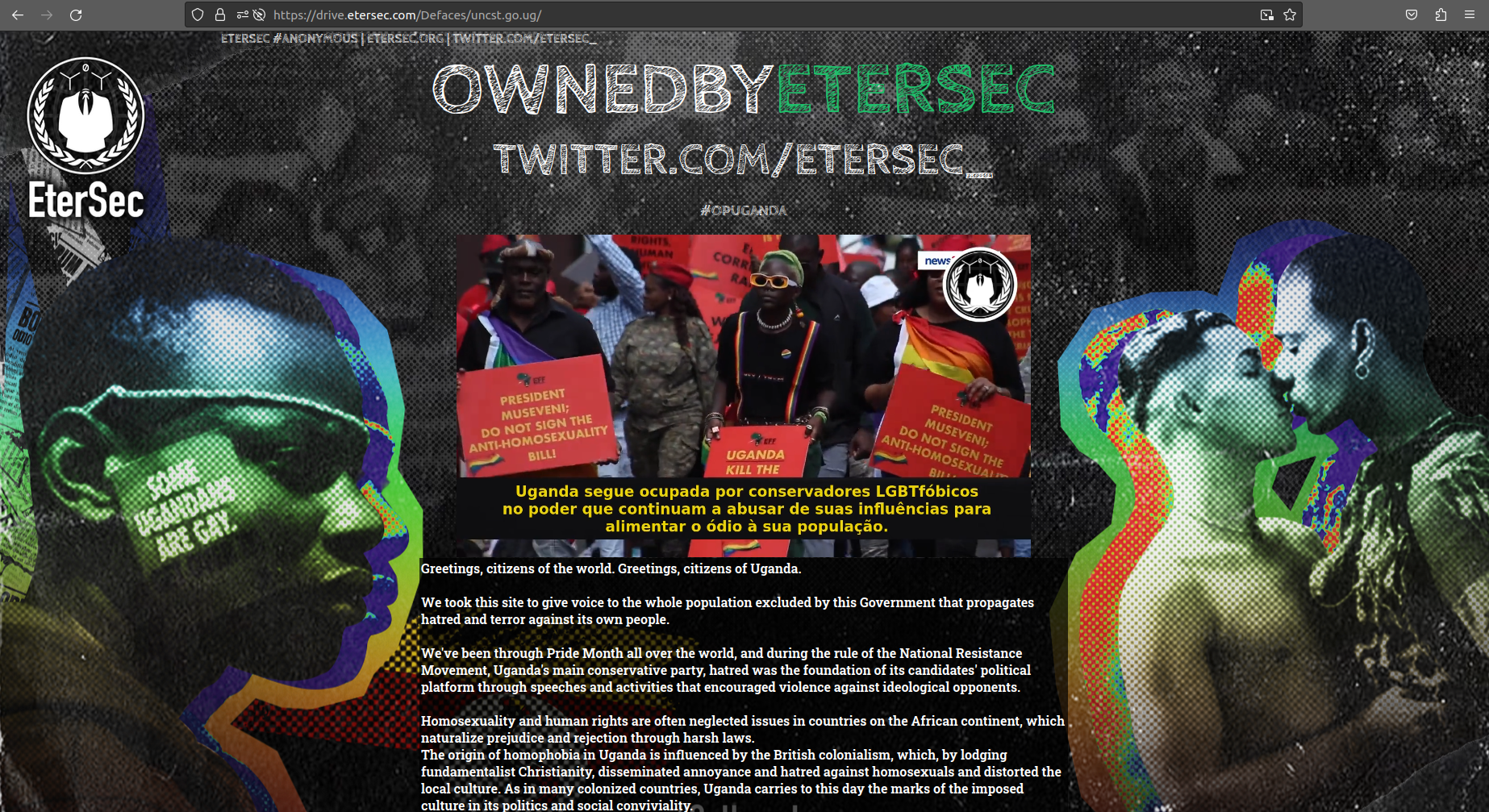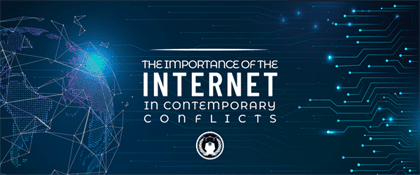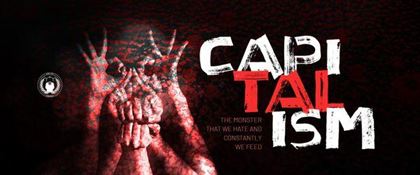OP Uganda: Pride
Greetings, citizens of the world. Greetings, citizens of Uganda.
We occupy the sites of Uganda to give voice to the whole population excluded by this Government that propagates hatred and terror against its own people.

We’ve been through Pride Month all over the world, and during the rule of the National Resistance Movement, Uganda’s main conservative party, hatred was the foundation of its candidates’ political platform through speeches and activities that encouraged violence against ideological opponents.
Homosexuality and human rights are often neglected issues in countries on the African continent, which naturalize prejudice and rejection through harsh laws.
The origin of LGBTphobia in Uganda is influenced by the British colonialism, which, by lodging fundamentalist Christianity, disseminated annoyance and hatred against LGBTQIA+ community and distorted the local culture. As in many colonized countries, Uganda carries to this day the marks of the imposed culture in its politics and social conviviality.
In 2009, the country was the target of a major international backlash after the first steps of the Gay Kill Bill law, which provided for the punishment of death for same-sex sexual relations. After threats of cuts in financial aid to Western countries, the government agreed to revise the proposal, despite demonstrating its determination to approve. The economic issue overtook the human one and the Parliament was suspended in May 2011 without voting on the bill. It is not surprising that the bill has not been abandoned, after all its intention has not ceased to be in the minds of those who “govern” the country.
In December 2013, Parliament debated behind closed doors life imprisonment for the crimes of homosexuality. In 2014, President Museveni announced that he would sign the law, based on “medical reports” that described homoaffectivity as “[…] something social, not genetic.” The legislation was repealed the same year after Uganda’s Constitutional Court deemed the bill pass without a quorum. And once again the homophobic law was not withdrawn because it was understood as an attack on human rights, but for political and economic reasons.
In 2023, Asuman Basalirwa returned to the Gay Kill Bill debate in the Parliament, following the wishes of the party’s conservative base. In order to defend the “rights of the traditional family”, the bill was referred to the Committee on Legal Affairs. Fox Odoi-Oywelowo and Paul Kwizera Bucyana issued the minority report, disagreeing with the 30 members of the majority, presenting several defects in the proposal.
Under current legislation, homosexuality can lead to fines, jail time, and even death. NGOs and academics presented to the commission the redundancies and unconstitutionalities of the legislation. Suppressed by the majority, the “public interest” was alleged as the motivation for the project. Faced with the international vision, Parliament agreed to suspend some norms to approve the law without delay. With media manipulation in favor of the majority, the legislation was passed on March 21, 2023.
In his second presidential term, Yoweri Museveni signed the law with the media and leading conservative lawmakers. Faced with a population manipulated by fake news, Museveni dealt with shredding partner countries in order to protect the interests of the majority population.
Occupied by a conservative people, Uganda continues with LGBT-phobic practices and suppressive legislation that are a negative example for the entire African continent. His government continues to train its own people to follow its customs imposed on the basis of religious discourses and dogmas. As long as democracy is used to generate hatred and lead a nation into a social regression, we will be united, fighting on behalf of the oppressed, for their freedom and their dignity.
We do not forgive,
We have not forgotten,
We are Anonymous,
We are EterSec,
Expect us!




